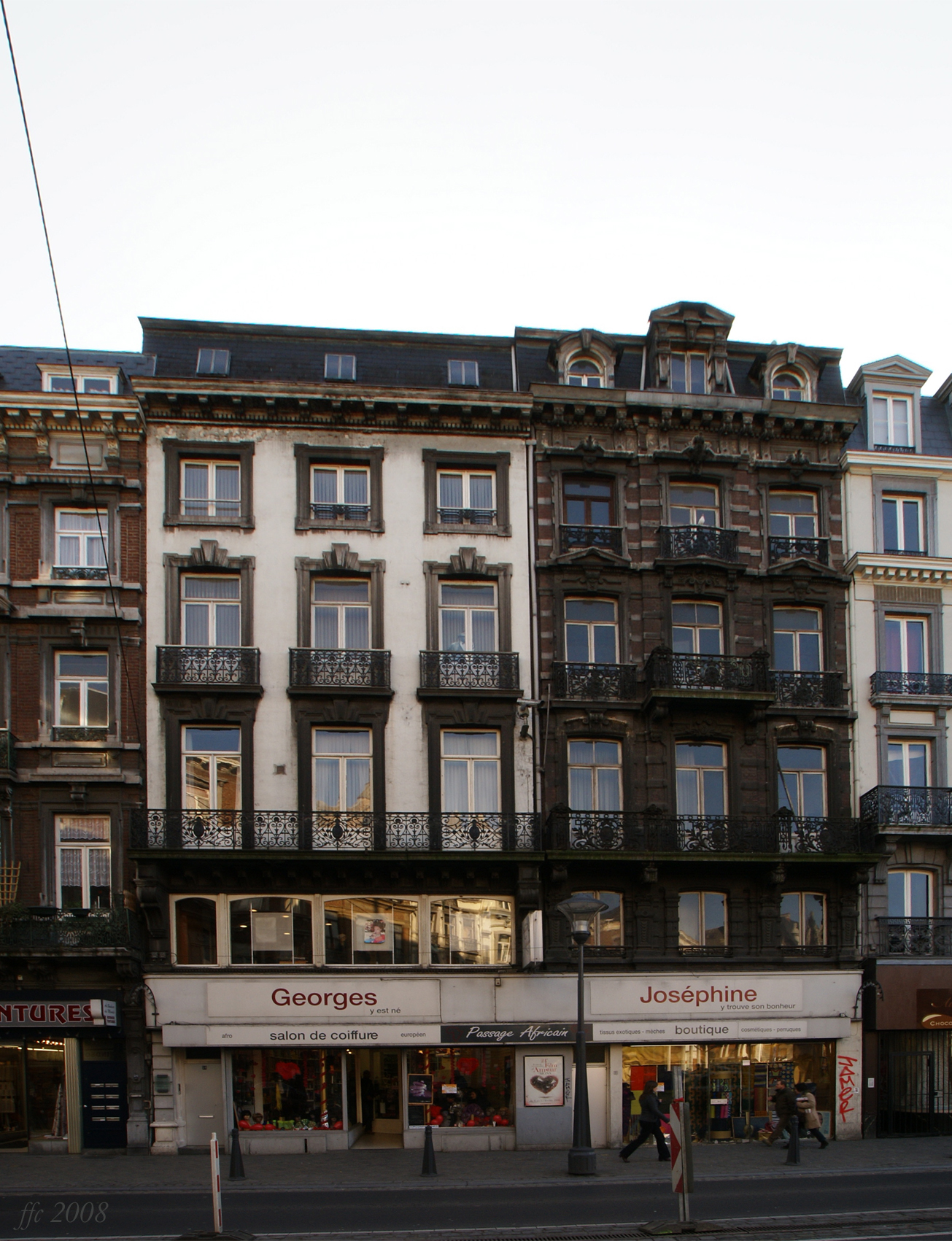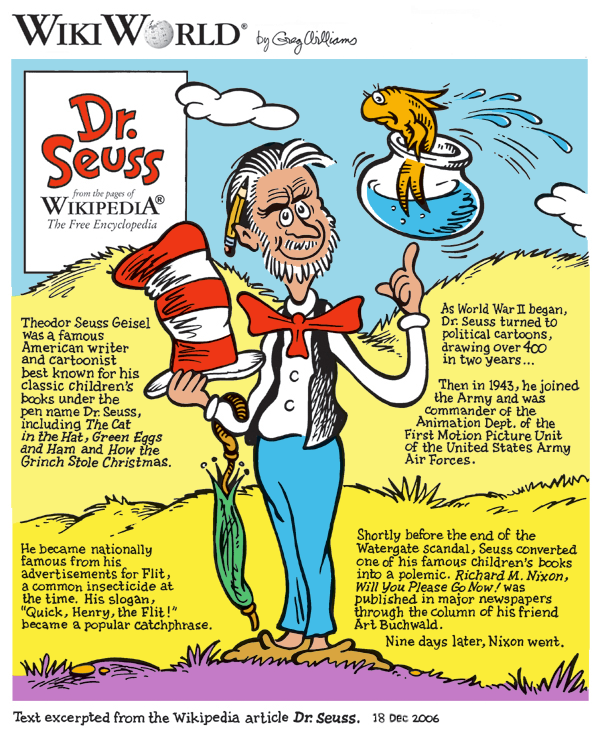|
Diogenes Verlag
The Diogenes Verlag (short: Diogenes) is a Swiss publisher in Zurich, founded in 1952 by , with a focus on literature, plays and cartoons. It has been managed since 2012 by the founder's son, Philipp Keel. History Daniel Keel, who founded the publishing house in 1952, chose the name of the philosopher Diogenes, arguing "I found Diogenes especially appealing because he battled against every sort of convention not just theoretically but also in his lifestyle. And what really pleases me: he left no written record whatsoever, and yet his spirit lives on." The first book published by Diogenes was Ronald Searle's ''Hurrah for St. Trinian's!''. In 1960 Keel moved the business to an office. Two years later, he had 12 employees. The first English author was Muriel Spark, and the first Americans were Carson McCullers, Harold Brodkey and Patricia Highsmith, all virtually unknown in German-speaking countries. Rudolf Bettschart, Keel's childhood friend, became a business partner responsibl ... [...More Info...] [...Related Items...] OR: [Wikipedia] [Google] [Baidu] |
Diogenes Logo
Diogenes ( ; grc, Διογένης, Diogénēs ), also known as Diogenes the Cynic (, ) or Diogenes of Sinope, was a Greek philosopher and one of the founders of Cynicism (philosophy). He was born in Sinope, an Ionian colony on the Black Sea coast of Anatolia (Asia Minor''Diogenes of Sinope'' ) in 412 or 404 BC and died at Corinth in 323 BC., Plutarch, ''Moralia'', 717c. says that he died on the same day as Alexander the Great, which puts his death at 323 BC. Diogenes Laërtius's statement that Diogenes died "nearly 90" would put his year of birth at 412 BC. But Censorinus (''De die natali'', 15.2) says that he died at age 81, which puts his year of birth at 404 BC. The Suda puts his birth at the time of the Thirty Tyrants, which also gives 404 BC. Diogenes was a controversial figure. He was allegedly banished, or fled from, Sinope for debasement of currency. He was the son of the mintmaster of Sinope, and there is some debate as to whether or not he alone had debased the Sin ... [...More Info...] [...Related Items...] OR: [Wikipedia] [Google] [Baidu] |
Ian McEwan
Ian Russell McEwan, (born 21 June 1948) is an English novelist and screenwriter. In 2008, ''The Times'' featured him on its list of "The 50 greatest British writers since 1945" and ''The Daily Telegraph'' ranked him number 19 in its list of the "100 most powerful people in British culture". McEwan began his career writing sparse, Gothic short stories. His first two novels, ''The Cement Garden'' (1978) and ''The Comfort of Strangers'' (1981), earned him the nickname "Ian Macabre". These were followed by three novels of some success in the 1980s and early 1990s. His novel ''Enduring Love'' was adapted into a film of the same name. He won the Booker Prize with ''Amsterdam'' (1998). His next novel, ''Atonement'', garnered acclaim and was adapted into an Oscar-winning film featuring Keira Knightley and James McAvoy. His later novels have included '' The Children Act'', ''Nutshell'', and ''Machines Like Me''. He was awarded the 1999 Shakespeare Prize, and the 2011 Jerusalem Prize. ... [...More Info...] [...Related Items...] OR: [Wikipedia] [Google] [Baidu] |
Jiddu Krishnamurti
Jiddu Krishnamurti (; 11 May 1895 – 17 February 1986) was a philosopher, speaker and writer. In his early life, he was groomed to be the new World Teacher, an advanced spiritual position in the theosophical tradition, but later rejected this mantle and withdrew from the organization behind it. His interests included psychological revolution, the nature of mind, meditation, holistic inquiry, human relationships, and bringing about radical change in society. He stressed the need for a revolution in the psyche of every human being and emphasised that such revolution cannot be brought about by any external entity, be it religious, political, or social. Krishnamurti was born in South India, in what is now the modern-day Madanapalle of Andhra Pradesh. In early adolescence, he met occultist and theosophist Charles Webster Leadbeater on the grounds of the Theosophical Society headquarters at Adyar in Madras. He was subsequently raised under the tutelage of Annie Besant and Leadb ... [...More Info...] [...Related Items...] OR: [Wikipedia] [Google] [Baidu] |
Sigmund Freud
Sigmund Freud ( , ; born Sigismund Schlomo Freud; 6 May 1856 – 23 September 1939) was an Austrian neurologist and the founder of psychoanalysis, a clinical method for evaluating and treating psychopathology, pathologies explained as originating in conflicts in the Psyche (psychology), psyche, through dialogue between a patient and a psychoanalyst. Freud was born to Galician Jews, Galician Jewish parents in the Moravian town of Příbor, Freiberg, in the Austrian Empire. He qualified as a doctor of medicine in 1881 at the University of Vienna. Upon completing his habilitation in 1885, he was appointed a docent in neuropathology and became an affiliated professor in 1902. Freud lived and worked in Vienna, having set up his clinical practice there in 1886. In 1938, Freud left Austria to escape Nazi persecution. He died in exile in the United Kingdom in 1939. In founding psychoanalysis, Freud developed therapeutic techniques such as the use of free association (psychology), free a ... [...More Info...] [...Related Items...] OR: [Wikipedia] [Google] [Baidu] |
Albert Einstein
Albert Einstein ( ; ; 14 March 1879 – 18 April 1955) was a German-born theoretical physicist, widely acknowledged to be one of the greatest and most influential physicists of all time. Einstein is best known for developing the theory of relativity, but he also made important contributions to the development of the theory of quantum mechanics. Relativity and quantum mechanics are the two pillars of modern physics. His mass–energy equivalence formula , which arises from relativity theory, has been dubbed "the world's most famous equation". His work is also known for its influence on the philosophy of science. He received the 1921 Nobel Prize in Physics "for his services to theoretical physics, and especially for his discovery of the law of the photoelectric effect", a pivotal step in the development of quantum theory. His intellectual achievements and originality resulted in "Einstein" becoming synonymous with "genius". In 1905, a year sometimes described as his ' ... [...More Info...] [...Related Items...] OR: [Wikipedia] [Google] [Baidu] |
Georges Simenon
Georges Joseph Christian Simenon (; 13 February 1903 – 4 September 1989) was a Belgian writer. He published nearly 500 novels and numerous short works, and was the creator of the fictional detective Jules Maigret. Early life and education Simenon was born at 26 (now number 24) to Désiré Simenon and his wife Henriette Brüll. Désiré Simenon worked in an accounting office at an insurance company and had married Henriette in April 1902. Although Simenon was born on Friday 13 February 1903, superstition resulted in his birth being registered as having been on the 12th. This story of his birth is recounted at the beginning of his novel '' Pedigree''. The Simenon family traces its origins back to Belgian Limburg. Simenon could trace his line back to peasants living in the area since as early as 1580. His mother had origins from Limburg, the Netherlands and Germany while his father was of Walloon origin.Becker, Lucille Frackman. "Georges Simenon (1903-1989)." In: Amoia, Al ... [...More Info...] [...Related Items...] OR: [Wikipedia] [Google] [Baidu] |
Albert Camus
Albert Camus ( , ; ; 7 November 1913 – 4 January 1960) was a French philosopher, author, dramatist, and journalist. He was awarded the 1957 Nobel Prize in Literature at the age of 44, the second-youngest recipient in history. His works include '' The Stranger'', '' The Plague'', ''The Myth of Sisyphus'', '' The Fall'', and '' The Rebel''. Camus was born in French Algeria to '' Pieds Noirs'' parents. He spent his childhood in a poor neighbourhood and later studied philosophy at the University of Algiers. He was in Paris when the Germans invaded France during World War II in 1940. Camus tried to flee but finally joined the French Resistance where he served as editor-in-chief at '' Combat'', an outlawed newspaper. After the war, he was a celebrity figure and gave many lectures around the world. He married twice but had many extramarital affairs. Camus was politically active; he was part of the left that opposed Joseph Stalin and the Soviet Union because of their totali ... [...More Info...] [...Related Items...] OR: [Wikipedia] [Google] [Baidu] |
Tomi Ungerer
Jean-Thomas "Tomi" Ungerer (; 28 November 1931 – 9 February 2019) was an Alsatians (people), Alsatian artist and writer. He published over 140 books ranging from children's books to adult works and from the fantastic to the autobiographical. He was known for sharp social satire and witty aphorisms. Ungerer is also famous as a cartoonist and designer of political posters and film posters. Ungerer received the international Hans Christian Andersen Medal in 1998 for his "lasting contribution" as a children's illustrator. Biography Ungerer was born in Strasbourg in Alsace, France, the youngest of four children to Alice (Essler) and Theo Ungerer. The family moved to Logelbach, near Colmar, after the death of Tomi's father, Theodore—an artist, engineer, and astronomical clock manufacturer—in 1936. Ungerer also lived through the Alsace-Lorraine#Aftermath, German occupation of Alsace when the family home was requisitioned by the Wehrmacht. As a young man, Ungerer was inspired b ... [...More Info...] [...Related Items...] OR: [Wikipedia] [Google] [Baidu] |
Children's Literature
Children's literature or juvenile literature includes stories, books, magazines, and poems that are created for children. Modern children's literature is classified in two different ways: genre or the intended age of the reader. Children's literature can be traced to traditional stories like fairy tales, that have only been identified as children's literature in the eighteenth century, and songs, part of a wider oral tradition, that adults shared with children before publishing existed. The development of early children's literature, before printing was invented, is difficult to trace. Even after printing became widespread, many classic "children's" tales were originally created for adults and later adapted for a younger audience. Since the fifteenth century much literature has been aimed specifically at children, often with a moral or religious message. Children's literature has been shaped by religious sources, like Puritan traditions, or by more philosophical and scienti ... [...More Info...] [...Related Items...] OR: [Wikipedia] [Google] [Baidu] |
Cartoon
A cartoon is a type of visual art that is typically drawn, frequently animated, in an unrealistic or semi-realistic style. The specific meaning has evolved over time, but the modern usage usually refers to either: an image or series of images intended for satire, caricature, or humor; or a motion picture that relies on a sequence of illustrations for its animation. Someone who creates cartoons in the first sense is called a '' cartoonist'', and in the second sense they are usually called an '' animator''. The concept originated in the Middle Ages, and first described a preparatory drawing for a piece of art, such as a painting, fresco, tapestry, or stained glass window. In the 19th century, beginning in ''Punch'' magazine in 1843, cartoon came to refer – ironically at first – to humorous artworks in magazines and newspapers. Then it also was used for political cartoons and comic strips. When the medium developed, in the early 20th century, it began to refer to animate ... [...More Info...] [...Related Items...] OR: [Wikipedia] [Google] [Baidu] |
Guinness World Records
''Guinness World Records'', known from its inception in 1955 until 1999 as ''The Guinness Book of Records'' and in previous United States editions as ''The Guinness Book of World Records'', is a reference book published annually, listing world records both of human achievements and the extremes of the natural world. The brainchild of Sir Hugh Beaver, the book was co-founded by twin brothers Norris and Ross McWhirter in Fleet Street, London, in August 1955. The first edition topped the best-seller list in the United Kingdom by Christmas 1955. The following year the book was launched internationally, and as of the 2022 edition, it is now in its 67th year of publication, published in 100 countries and 23 languages, and maintains over 53,000 records in its database. The international franchise has extended beyond print to include television series and museums. The popularity of the franchise has resulted in ''Guinness World Records'' becoming the primary international authority ... [...More Info...] [...Related Items...] OR: [Wikipedia] [Google] [Baidu] |
The Alchemist (novel)
''The Alchemist'' ( pt, O Alquimista) is a novel by Brazilian author Paulo Coelho which was first published in 1988. Originally written in Portuguese, it became a widely translated international bestseller. An allegorical novel, ''The Alchemist'' follows a young Andalusian shepherd in his journey to the pyramids of Egypt, after having a recurring dream of finding a treasure there. Plot An Andalusian shepherd boy named Santiago dreams of a treasure while in a ruined church. He consults a Gypsy fortune-teller about the meaning of the recurring dream. The woman interprets it as a prophecy, telling the boy that he will discover a treasure at the Egyptian pyramids. After Santiago sets out, he meets an old king Melchizedek, or the king of Salem, who tells him to sell his sheep so as to travel to Egypt and accomplish his 'Personal Legend'. Early on his arrival in Africa, a man who claims to be able to take Santiago to the pyramids instead robs him of the money he had made from his flo ... [...More Info...] [...Related Items...] OR: [Wikipedia] [Google] [Baidu] |




.jpg)

.jpg)
.jpg)

.jpg)
